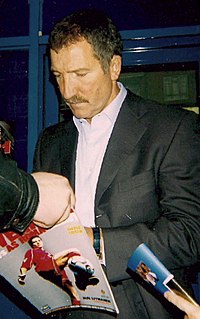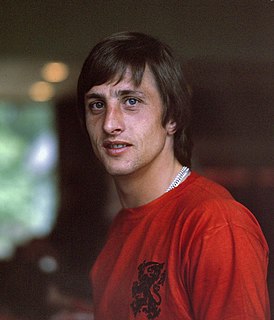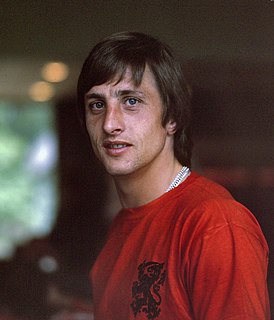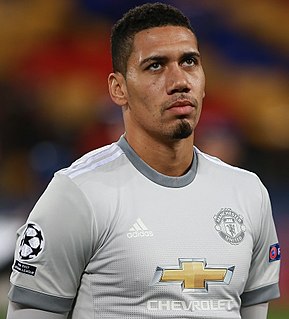A Quote by Thomas Muller
In the centre, you play more with your back to the opponent's goal and have to move into the gaps.
Related Quotes
For me, it is about using everything that is there and using the gaps in the record, figuring out why the gaps might be there. And then when you move on to the level of what historians said, laying the interpretations side by side. You also have to look back at the documents and make your own judgments. What the record says and what people say about it. A novelist can fill the gaps in a way that a biographer cannot.
The gaps are the thing. The gaps are the spirit's one home, the altitudes and latitudes so dazzlingly spare and clean that the spirit can discover itself like a once-blind man unbound. The gaps are the clefts in the rock where you cower to see the back parts of God; they are fissures between mountains and cells the wind lances through, the icy narrowing fiords splitting the cliffs of mystery. Go up into the gaps. If you can find them; they shift and vanish too. Stalk the gaps. Squeak into a gap in the soil, turn, and unlock-more than a maple-universe.
Before you even consider making a value bet, try to determine if the bet will have any value at all. Attempt to put your opponent on a hand that he'd likely call a bet with on the river. To do this, you'll have to mentally play back the details of the hand. Think about your opponent's playing tendencies.
Knowing your opponent is a crucial part of emulating and defeating that opponent. But scouting is only the first step. Too many leaders spend countless hours studying an opponent's every move in the search for an edge. The Great Teams understand not only how to scout but also how to exploit the weaknesses of a competitor. These teams analyze every perspective and option and position themselves to take full advantage of any knowledge gained about an opponent.





































